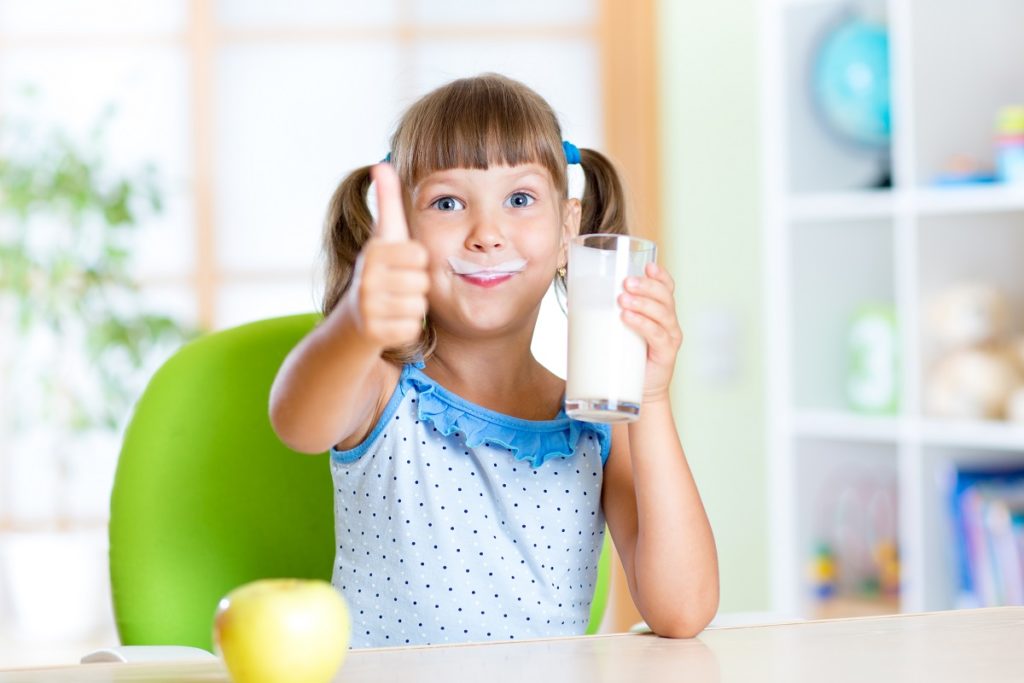Many people become vegetarians or vegans for health reasons. It’s a no-brainer that a big bowl of salad full of leafy greens, nuts, and fruits is a much healthier meal than a cheeseburger meal with fries on the side and a large Coke.
Another huge reason that they switch to a plant-based diet is that it’s simply better for the environment. Data shows that the food industry produces one-quarter of the greenhouse gases released into the earth’s atmosphere. This includes factories, warehouses, and farms. It also covers all operations that happen after the food is produced. These operations are packaging, distributing, and selling.
But by choosing plant-based food, people are helping the environment in small but incremental ways. One of the ways they’re doing so is by choosing plant-based milk. More people are seeing the value of switching to it. It benefits their health, it supports their sustainable lifestyles, and it helps the environment.
Environmental Impact of the Dairy Industry
Out of the other types of food industries, the farming industry produces the highest number of carbon emissions. It’s responsible for 31% of emissions. Many factors can be attributed to this. But cattle are the main culprit. Through their digestive process, they produce a lot of methane. It’s a greenhouse gas that has dire effects on the ozone layer and is attributed to the changing climate.
Other greenhouse gases are produced on dairy farms. These are nitrous oxide and carbon dioxide. Another contributor that hurts the environment is the degradation of the soil. This happens when waste (specifically, manure) from dairy farms isn’t managed properly.
Switching to plant-based milk reduces these impacts on the environment. A study found that dairy milk produces three times more greenhouse gases than plant-based milk. When we go to the milk aisle at the supermarket, we are bombarded by options. We can buy popular ones such as oat milk, almond milk, or soy milk. But we can also choose others such as cashew milk or rice milk. Whichever we choose, rest assured that we are helping the environment by choosing a sustainable milk source.
Farmers Transitioning from Dairy to Plant-based
Many dairy farms have been struggling in the last couple of years. The United States Department of Agriculture (USDA) reported that dairy farms experienced a large decline in their productions in 2019. This is the largest decline since 2004.
But there are some dairy farms that turn to plant-based milk production to help their business survive the changing economy. Many of them found that consumers’ preferences are changing. They also understand that there’s an increased interest and dedication to helping the environment. So they are developing their farms to meet the consumers’ demands and expectations.

Like many developing businesses, dairy farmers need to make some adjustments first. For instance, they have to invest in proper Wearparts farming equipment. But they found the high payoff in helping people stay healthy and helping the environment fight climate change.
But what’s great about this is that people are helping each other. Miyoko’s Creamery is a plant-based producer and manufacturer of milk and other pasteurized products. They are partnering with dairy farms to help them transition to plant-based productions.
Benefits of Plant-based Milk on Health and Lifestyles
Growing up, we’ve been taught that dairy milk, especially from cows, is a good source of nutrients. It’s high on calcium, protein, vitamins A and D, and other vitamins and minerals. But then, it’s also quite high in sugar and fat.
On the other hand, pure plant-based milk may not have as many vitamins and minerals. But some manufacturers fortify their milk with nutrients. So when choosing which milk, be sure to check the label. What’s also beneficial to plant-based milk is that it’s low in fat and sugar. So it’s great for those who are watching their weight or are lactose intolerant. It also improves digestion and metabolism and helps with the acne problem.
Plant-based milk has become more popular over the years. Not only is it available in supermarkets, but it’s also now available in most, if not all, coffee shops and restaurants. It’s a growing industry that also helps save the earth.
The dairy industry has dire effects on the environment. But it’s not easy to tell people to stop drinking milk. It may even be impossible. It’s such a staple part of our diet ever since we were children. But we can help the environment without giving up milk. By doing something as simple as switching to plant-based milk, we are contributing to the fight against climate change. And the nutrients packed in it benefits us as well.

